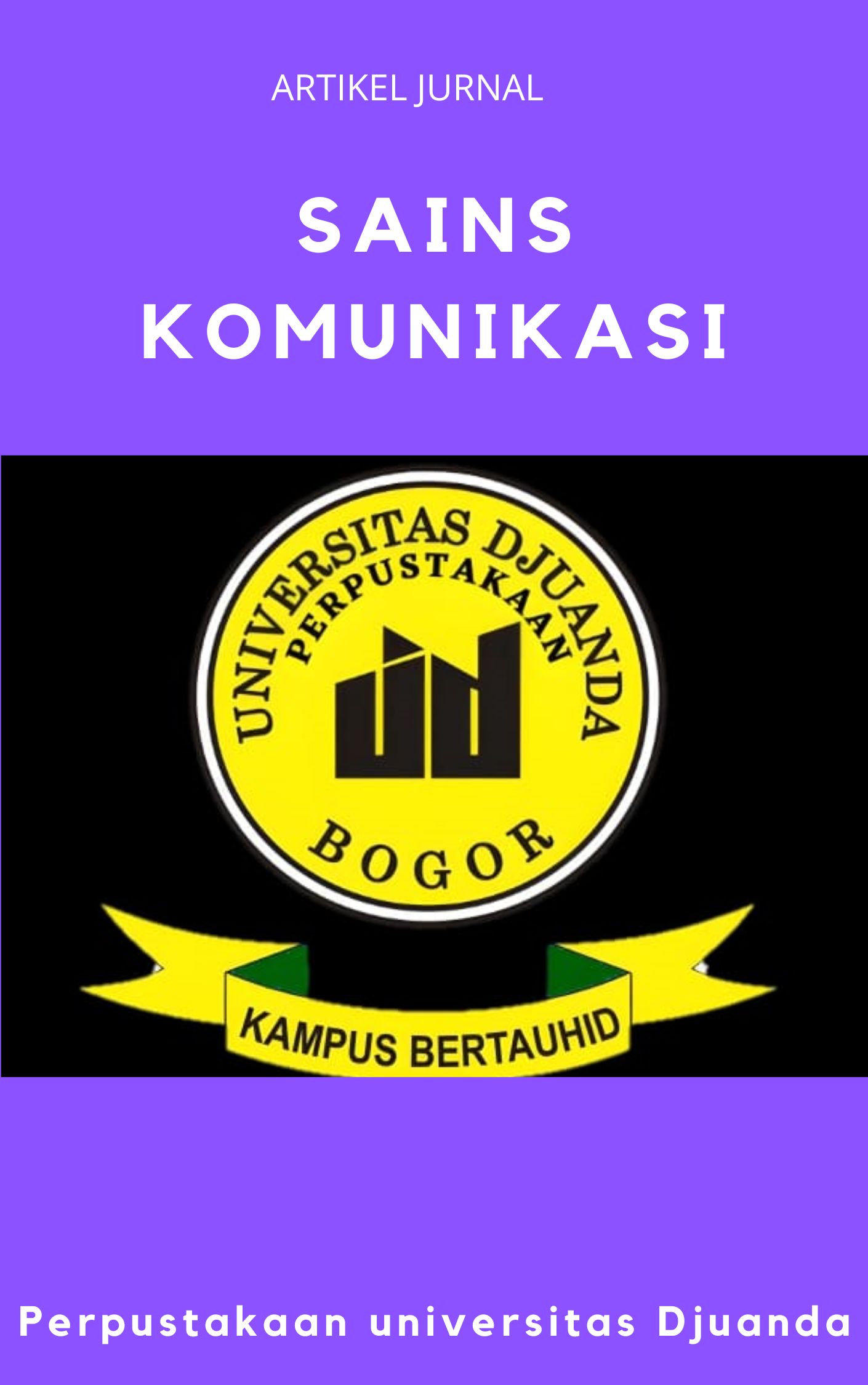Artikel Jurnal Sains Komunikasi
Science Factionalism: How Group Identity Language Affects Public Engagement With Misinformation and Debunking Narratives on a Popular Q&A Platform in China
Abstrak
Misinformation and intergroup bias are two pathologies challenging informed citizenship. This article examines how identity language is used in misinformation and debunking messages about controversial science on the Chinese digital public spheres and their impact on how the public engage with science. We collected an 8-year time series dataset of public discussion (N = 6,039) on one of the most controversial science issues in China (GMO) from a popular Q&A platform, Zhihu. We found that both misinformation and debunking messages use a substantial amount of group identity languages when discussing the controversial science issue, which we define as science factionalism—discussion about science is divided by factions that are formed upon science attitudes. We found that posts that use science factionalism receive more digital votes and comments, even among the science-savvy community in China. Science factionalism also increases the use of negativity in public discourse. We discussed the implications of how science factionalism interacts with the digital attention economy to affect public engagement with science misinformation.
Catatan
Jurnal Komunikasi
